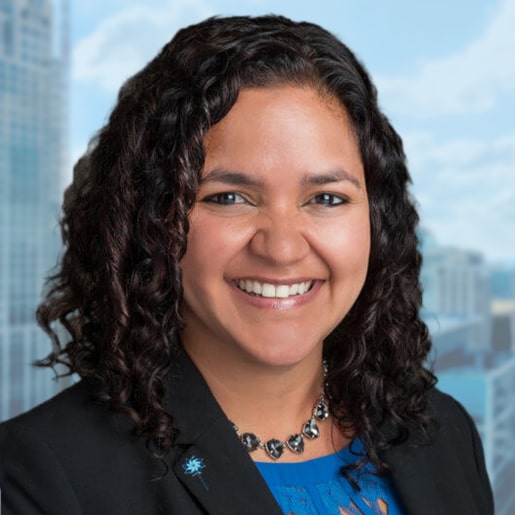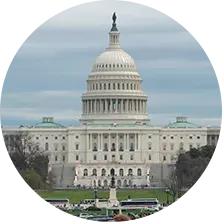October is National Bullying Prevention Month
Did you know that 1 in 5 high school students are bullied in the U.S.? That’s 8.2 million every year. Bullying is unwanted, aggressive behavior among school-aged children that involves a real or perceived power imbalance. This year’s National Bullying Prevention Month is the opportunity to unite everyone to take on bullying.
Observance(s): LGBTQ+ History Month, Domestic Violence Awareness Month, National Bullying Prevention Month, International Day of Non-Violence (October 2), Indigenous People’s Day (October 11), National American Indian and Alaska Native Heritage Month, International Day for Elimination of Violence Against Women and Children (November 25), Native American Heritage Day (November 25)

World Mental Health Day
In observance to this day, we invite all stakeholders working on mental health issues to talk about their work and share what more needs to be done to make mental health care a reality for people worldwide. Access additional resources here,
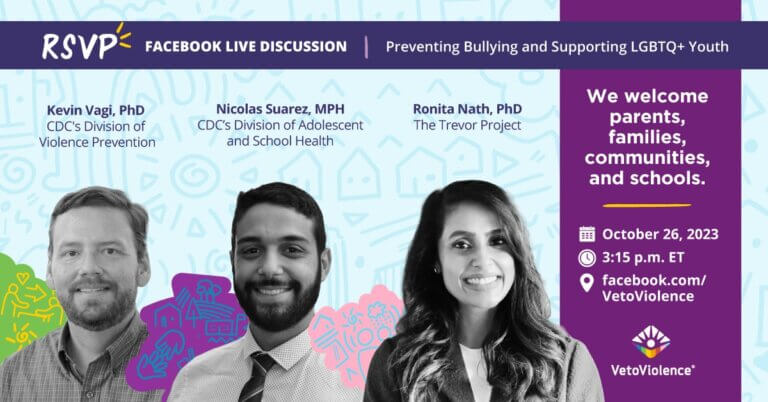
Join discussion on Preventing Bullying and Supporting LGBTQ+ Youth
Mark your calendars! On October 26th at 3:15 p.m. ET, CDC’s Division of Violence Prevention will be joined by The Trevor Project for a live discussion about preventing bullying and supporting LGBTQ+ youth. Don’t miss this important conversation!
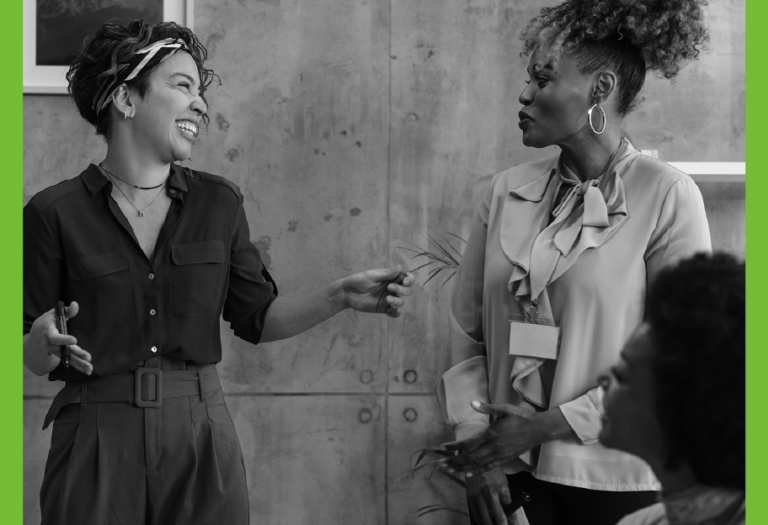
Applications to join LEAP now open
Applications to join LEAP (Leadership Education and Advancement for Professionals) Cohort 10 are now open! LEAP was created by VALOR as a space for leaders and women of color in leadership positions to build executive-level skills, “pay it forward” to leaders of color in their communities, and strategize toward equitable and inclusive workplace cultures, service provision, and education to communities of color across the United States and Territories. Applications are due at 11:59 p.m. PDT on November 3rd.
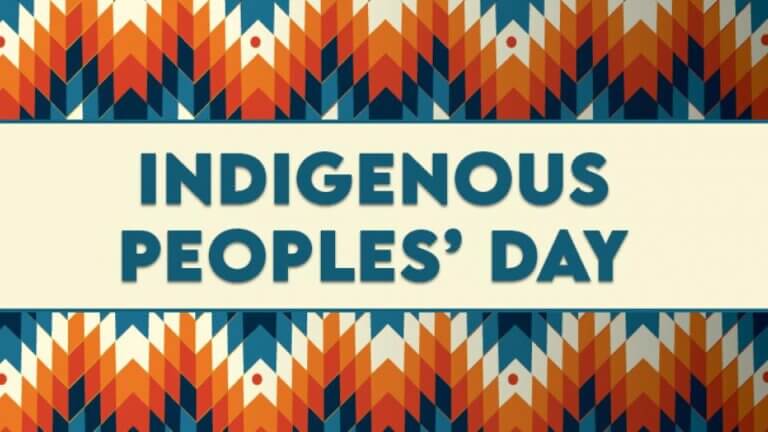
National American Indian and Alaska Native Heritage Month
Recognizing the resilience, wisdom, and ongoing legacy of Indigenous communities not only during this month but throughout the year. Let’s stand together and celebrate the immense contributions of the indigenous communities and their origin story in the complex history of our country.
PCA America, through its #HealthyFamiliesAmerica signature program, reaffirms its commitment to honor the past, understand the present, and co-create a hope-filled future that restores indigenous families’ stories for a more inclusive and equitable future.

BigCitiesHealth webinar on “Implementing Harm Reduction Through Vending Machines.”
Join BigCitiesHealth and city health departments on November 8th for a webinar on “Implementing Harm Reduction Through Vending Machines.” This webinar is a part of their Urban Health Agenda series, dedicated to achieving health equity.

Learn more about Julia Perilla, Ph.D., founder of Caminar Latino
During National Hispanic Heritage Month, we proudly spotlighted the late Julia Perilla, Ph.D., founder of Caminar Latino. Dr. Perilla used a social justice framework to study the effects of intimate partner violence and trauma on Latino families.
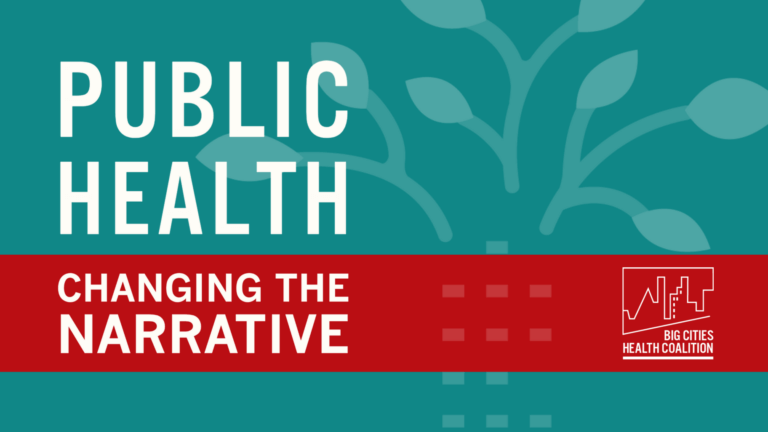
Explore the latest research from BigCitiesHealth
Skepticism about public health interventions can challenge efforts to promote safety and well-being. Health communication best practices can help. Explore the latest research from BigCitiesHealth, equipping public health professionals with skills for effective communication on vital subjects like health, racial equity, and healthy choices.

International Day for Elimination of Violence Against Women and Children
International Day for Elimination of Violence Against Women and Children: 7 in 10 human trafficking victims are women and girls. Human trafficking can lead to severe mental health consequences.Learn the signs and what can be done to prevent this public health problem
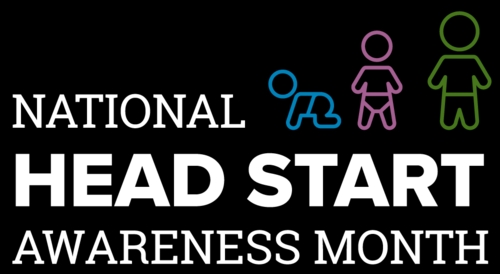
Head Start Awareness Month
The Head Start program began as an eight-week demonstration project designed to help break the cycle of poverty. It gave preschool children from families with low income a comprehensive program to meet their emotional, social, health, nutritional, and educational needs. A key tenet of the program established that it be culturally responsive to the communities served, and that the communities have an investment in its success through the contribution of volunteer hours and other donations as non-federal share.
As a result, programs have served more than 38 million children since 1965, growing from an eight-week demonstration project to include full-day/full-year services and many program options. Currently, Head Start grants are administered by the U.S. Department of Health and Human Services, Administration for Children and Families. Head Start programs serve more than 1 million children and their families each year in urban, suburban, and rural areas in all 50 states, the District of Columbia, Puerto Rico, and U.S. territories, including American Indian and Alaska Native and Migrant and Seasonal communities.

